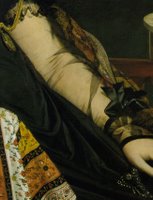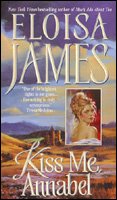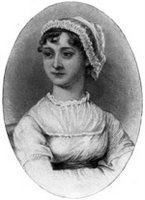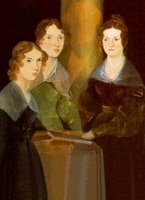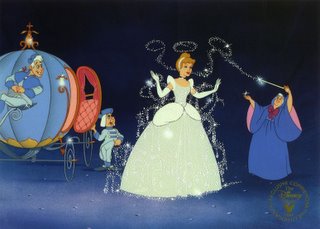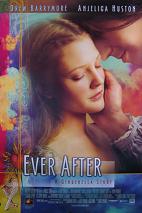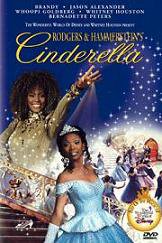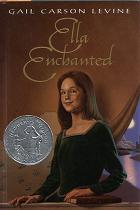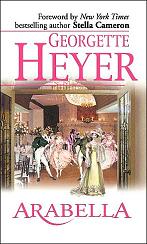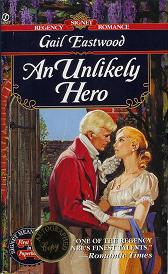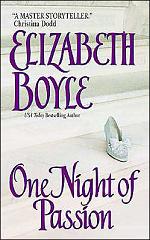I am just starting my next book and am in that situation where the plot is rudimentary and still fluid. I can keep or change any of my plot elements or my characters.
This is a gaming hell story, a gaming hell being a private and illegal establishment for the purpose of card-playing and other games of chance such as Hazard, a dice game, and Faro, a game of chance which does use cards. You can read more about gambling in Regency England here.
In writing the first chapter, I realized (through the suggestion of my brilliant writing friends, Darlene Gardner and Lisa Dyson) that I needed more….I needed to give my hero a buddy.
How did we realize this? In my first draft of my first chapter, my hero thought back to an incident in his past, but that passage put the reader in his thoughts for too long and it slowed down the pace. We realized it would be better if he could tell someone about this incident and that’s how the idea of giving him a friend came about.
The friend character serves a useful purpose in Romance for this very reason. The friend gives the hero or heroine someone to talk to, so that information can be given to the reader in an interesting, natural way.
Michael Hauge (Story Mastery) calls the friend a reflection character who is commonly used to support the hero in the achievement of his goal. Hauge would say that the reflection character sees the hero’s “essence,” his true-self, which we want him to achieve by the end of the book, and by so doing, shows the reader the hero’s essence as well.
I also think that the friend character can illuminate the hero’s character by being the total opposite. Think of Bingley in Pride and Prejudice. Darcy is uncomfortable among the people at the Assembly, but Bingley is friendly and eager to enjoy himself. Bingley believes only the good in people and Darcy is wary of others, more certain that their motives are not good ones. Bingley is also easily led, but Darcy is firm in his opinions and decisive in his actions.
For readers, the glimpse of a buddy can be very intriguing. How many of us have emailed authors to ask when the hero’s friend will have his own book? I still get emails asking about the hero’s friends in The Marriage Bargain, my 2005 Diane Perkins book. (You’ll see them someday!!!! I don’t know when…)
Almost all my heroes have had buddies, and most of the buddies went on to have romances of their own, so it will be fun to create this new friend for my new hero. I already have an image of him….actor/model Raphaello Balzo.
Now aren’t you intrigued????
Do you like your Regency heroes to have buddies? Is there anything that annoys you about the “buddy” character?





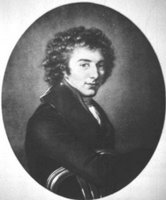
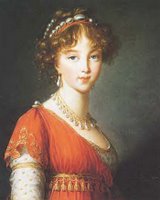 As the trap is about to make a turn at a crossroads, a woman approaches. Yes! It’s the heroine, wearing a horrible assortment of drab clothes (she’s in mourning and has dyed something black). As she lifts her skirt to avoid a puddle she reveals a grubby petticoat and a gray woollen stocking collapsing over the top of one boot. So she’s much the same color as the landscape, except for her hair, chopped short, and red gold.
As the trap is about to make a turn at a crossroads, a woman approaches. Yes! It’s the heroine, wearing a horrible assortment of drab clothes (she’s in mourning and has dyed something black). As she lifts her skirt to avoid a puddle she reveals a grubby petticoat and a gray woollen stocking collapsing over the top of one boot. So she’s much the same color as the landscape, except for her hair, chopped short, and red gold. 